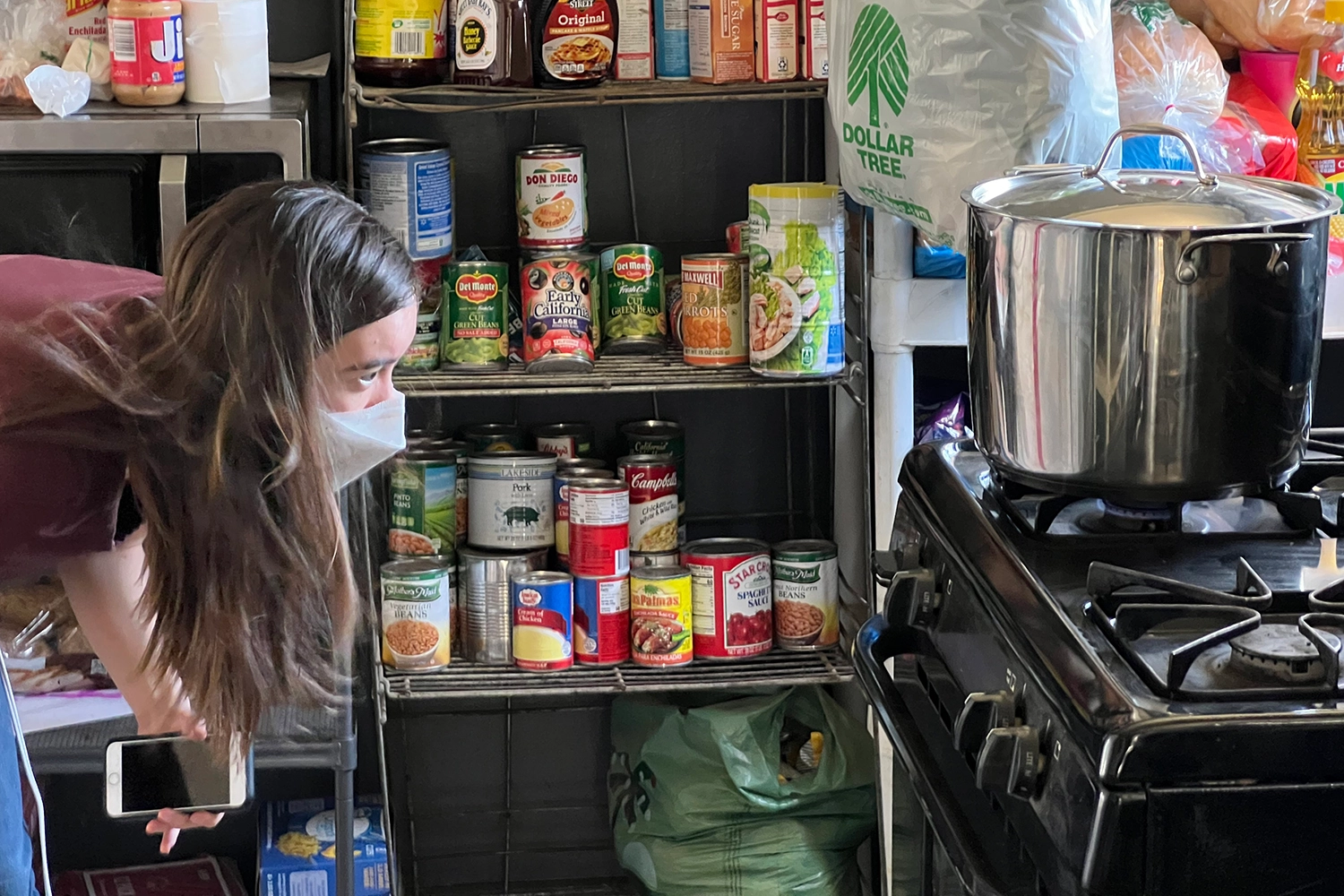A Stanford University-led research study has uncovered the presence of the carcinogenic compound benzene in households using gas stoves. Benzene, associated with an increased risk of leukemia and other blood cell cancers, was found to infiltrate millions of homes during the operation of gas cooking appliances. The study highlighted that even a single gas cooktop burner on high or a gas oven set to 350 degrees Fahrenheit can lead to indoor benzene levels exceeding those in secondhand tobacco smoke. The research emphasizes the health risks associated with gas stove emissions and recommends the adoption of alternative cooking methods.
Stanford study reveals carcinogenic benzene presence in homes with gas stoves.



